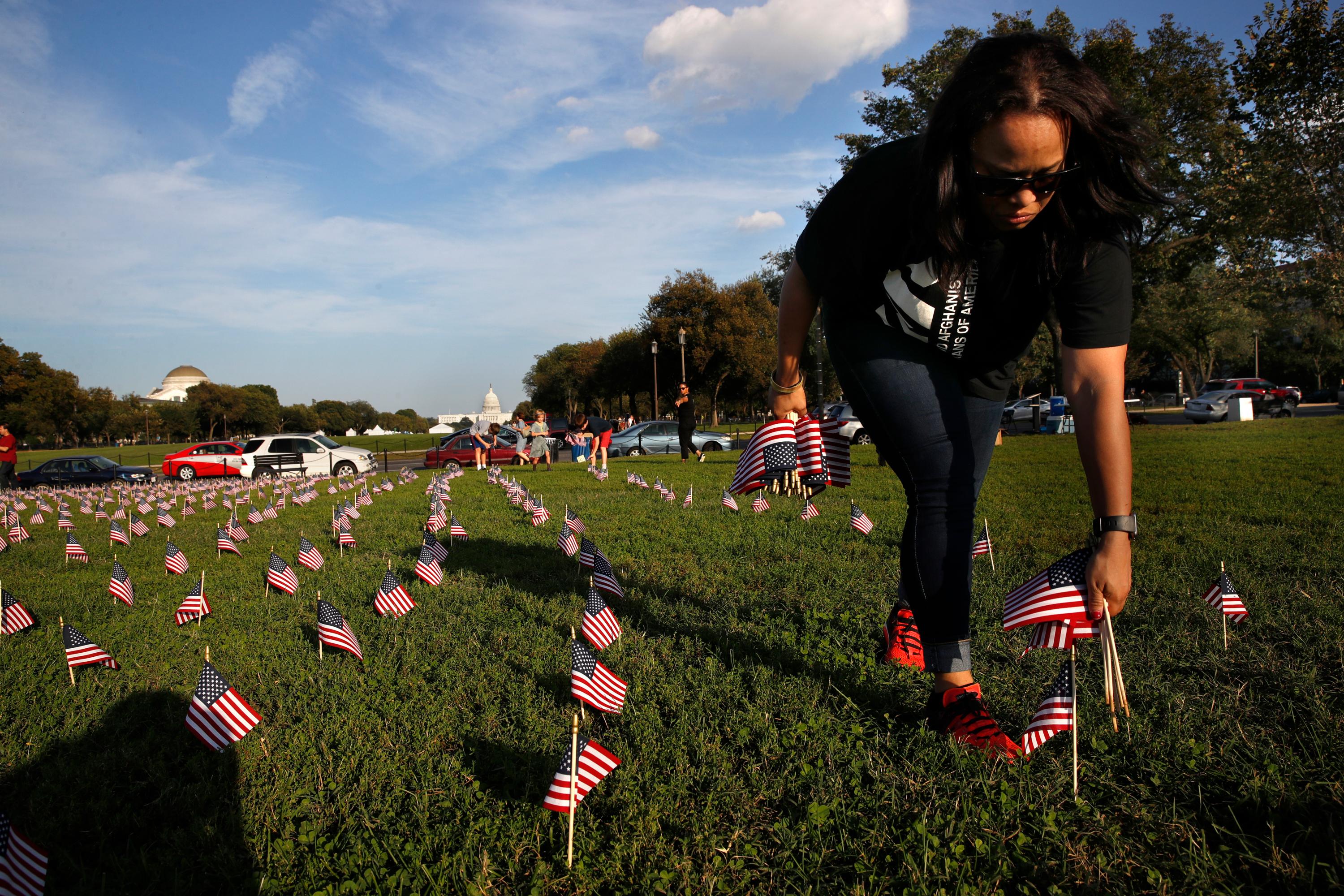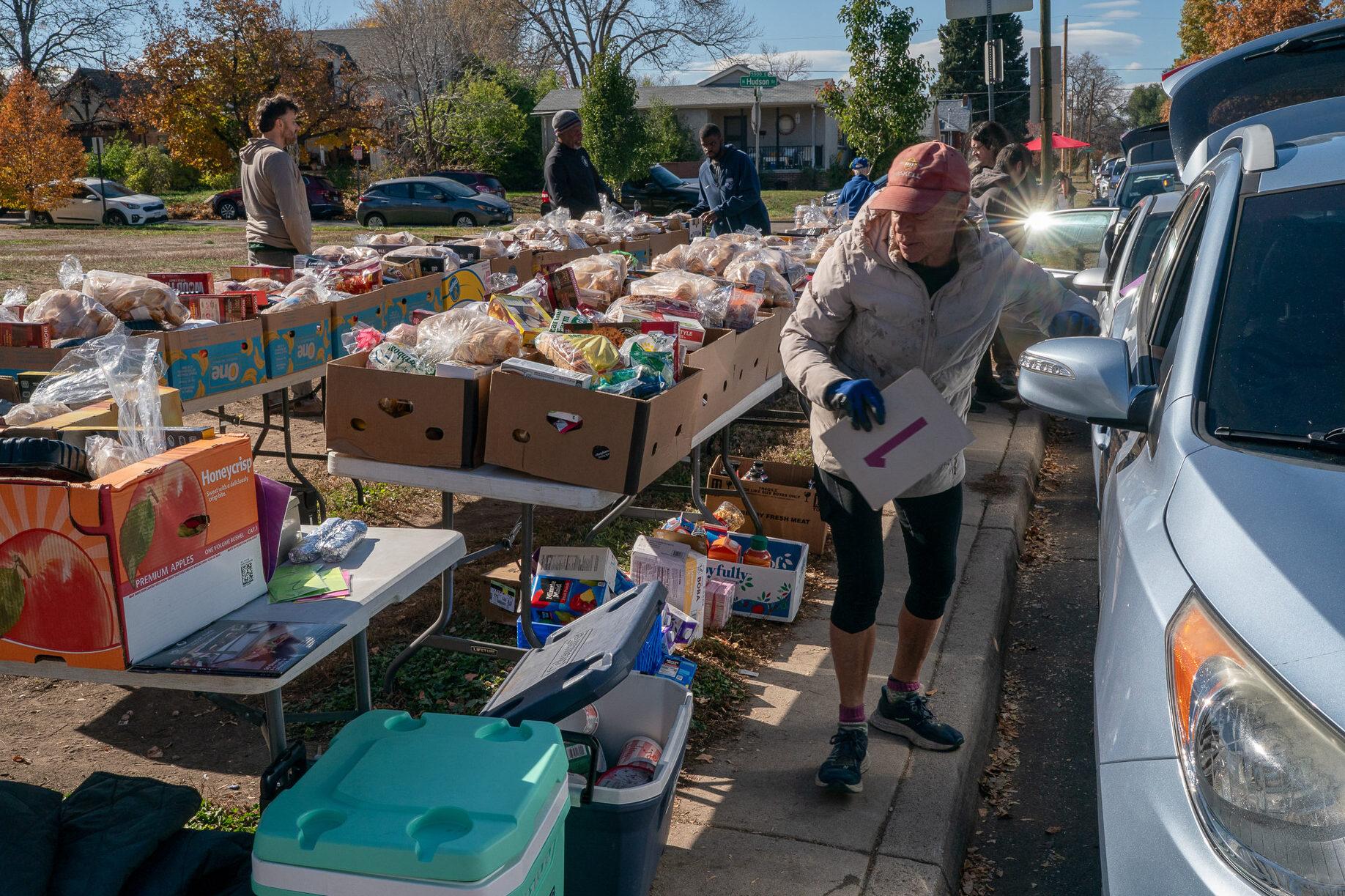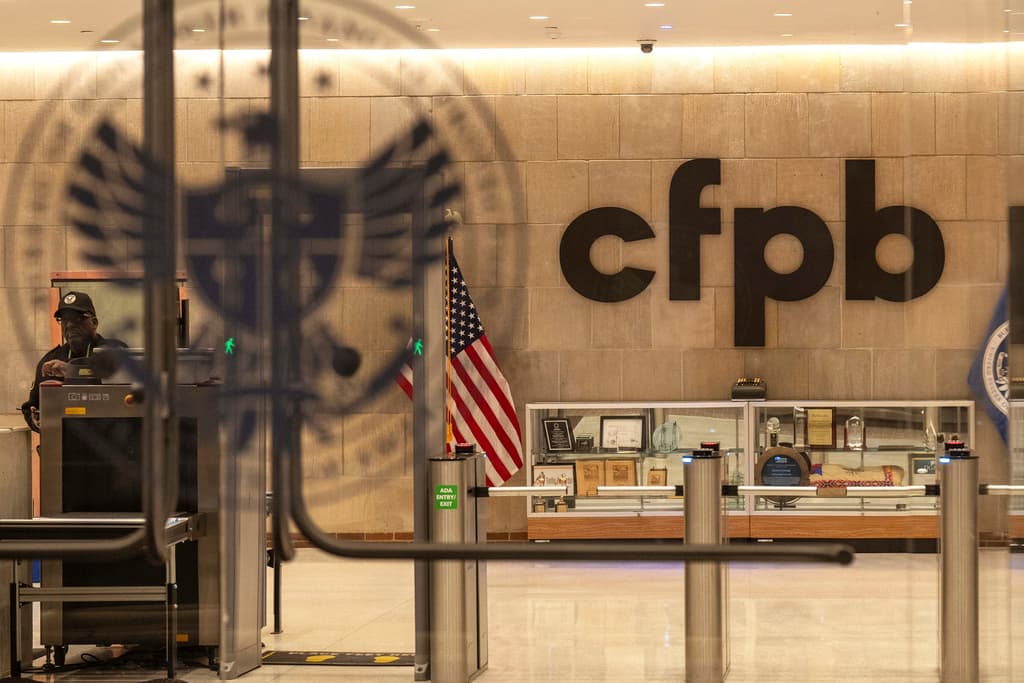
Kristen Christy is often called a subject matter expert on the issue of veterans’ suicide, but it's not by choice. Twelve years ago, her husband Don, a Lt. Col. in the Air Force, died by suicide.
“I had no idea. Suicide was not on my radar whatsoever,” she said.
In the years since she has learned a lot — and not just the warning signs, which can vary from person to person, but how the ripple effect hits families and friends.
Their two sons both struggled after the loss of their father. Her oldest, Ryan, suffered from addiction in his teen years. After getting clean, he disappeared. Christy hasn’t heard from him in five years. Her younger son, Ben, left her a tearful message on his 20th birthday about the hole left in his life. “I miss Dad so much,” he cried in the voice mail, which became part of an Air Force suicide prevention ad.
All this led Christy to become a veteran’s suicide prevention advocate, working with groups near her home in Colorado Springs.
“I say, we're on an emotional battlefield and how can we arm our veterans, our active duty and their family members with the armor and the weapons that they need to combat whatever they're going through,” she explained.
The federal government has been trying to tackle the issue of veterans suicide for years.
The rates of suicide among those who’ve served continues to be much higher than the national average — 27.5 per 100,000 in 2018 for veterans compared to 18.2 per 100,000 in 2018 for non-veterans. That disparity has continued despite efforts like prevention campaigns, more focus on mental health, even a “stand down” to shine a spotlight on the issue.
In recent months, Congress has taken some new steps to grapple with veterans’ mental health issues and bolster suicide prevention overall.
The first large bill signed into law by President Donald Trump was the Commander John Scott Hannon Veterans Mental Health Care Improvement Act.
“While this legislation puts in place the critical care services and support that will save veterans lives, it’s my hope that the bill will also serve as a signal to our veterans, service members and their families that they are never, never alone,” said Republican Sen. Jerry Moran of Kansas, chair of the Senate Veterans Affairs committee, on the Senate floor.
The law bolsters and expands veterans mental health care, with a particular emphasis on rural veterans, and extends grand money for community organizations helping veterans.
The other major bill signed into law in December was the Veterans Compact Act. Its nine provisions aim to enhance veteran’s mental health and well-being and prevent death by suicide. They include free care for veterans experiencing a mental health crisis, programs to better understand the needs of women veterans’ mental health and help for veterans’ families.
“When we take care of families, we also take care of veterans,” said Democratic Rep. Mark Takano of California, chair of the House Veterans Affairs committee.
Bills help at the federal and state level. But more support is needed at the local level.
Rep. Takano said that while these bills address the known gaps in care and intervention, there is still much more to do to reduce veteran suicide and he’s hopeful that the next congress will take steps in that direction.
Duane France, director of veteran services for the Family Care Center in Colorado Springs and a U.S. Army veteran, agrees.
“We need to be able to establish infrastructure both in personnel and in funds at the community level so we can address it where it's happening, rather than trying to establish this blanket overarching solution, so to speak,” France said.
He pictures federal help as an inverted pyramid. There are lot of resources and people concentrated at the top — on the federal and even state level — that work on suicide prevention. But there’s much less available at the local level. France argued that’s where you need to see more resources, such as support for treatment providers or making it easier for them to work at the Department of Veterans Affairs. And France said he’d like to see effort address more than just mental health.
“Not all veterans who died by suicide are experiencing a mental health crisis. It could be financial, it could be relational, it could be employment-related,” he explained. “So we really need to be able to have a community response.”
The scope of the problem hits home when you look at it from a local level — El Paso county loses a veteran once a week to suicide, according to the most recent data available.
France appreciates the work Congress is doing, but he points out that legislative solutions, like suicide data, always lag behind.
“They’re not going to be immediate, right? They're going to be in the long-term,” he said. “We're not going to start seeing funds at the local level (from) The Commander Scott Hansen Act until next year, maybe, or the end of 2021.”
A new suicide prevention hotline takes effect in 2022.
Other bills that advocates have praised, such as Republican Sen. Cory Gardner’s legislation to establish an easy-to-remember three-digit number, 988, to reach a suicide prevention hotline, also won’t start until July 2022.
Christy, who was Gardner’s guest at the 2020 State of the Union address, suggested veterans and their loved ones be proactive: Put the 10 digit suicide prevention hotline in your phone now and not wait until there is a crisis to try to find the number. She also supports more partnerships with nonprofits and communities and the military. She said it’s about helping build resilience early on, when families are still active duty.
“I use our story because I have this desire for people to understand the aftermath and what's left behind,” she said. And to give people hope. “Hope is not canceled. A lot of things are in 2020, but hope is not canceled."
Until the new hotline goes into effect, if you are in crisis, please call the current National Suicide Prevention Lifeline at 1-800-273-TALK (8255), or contact the Crisis Text Line by texting TALK to 741741.








